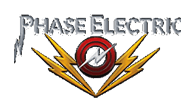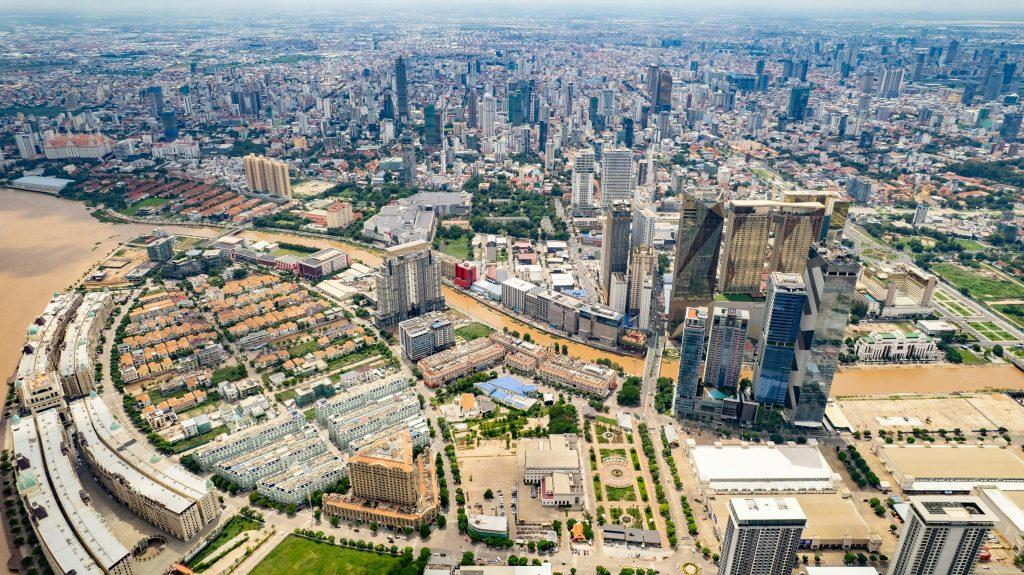For commercial building owners and managers, keeping the lights on isn’t just about convenience – it’s about safety, productivity, and financial stability. Power outages can occur unexpectedly due to storms, equipment failures, grid overloads, or planned utility maintenance. While many outages may only last a few minutes, others can drag on for hours or even days, creating major challenges for businesses that rely on uninterrupted power.
That’s where backup generators come in. Investing in a reliable generator system for your commercial building isn’t just a precaution, it’s a strategic decision that protects your operations, your tenants, and your bottom line.
Why Commercial Buildings Need Backup Generators

1. Protecting Business Continuity
When the power goes out, so does productivity. Offices may lose access to computers and networks, warehouses may see conveyor belts and machinery grind to a halt, and retail spaces may be unable to process sales. Even a short disruption can cost thousands of dollars in lost revenue. A backup generator ensures that essential systems keep running, minimizing downtime and helping your business continue to operate smoothly.
2. Maintaining Tenant Safety and Comfort
Commercial properties often house many people at once: employees, tenants, and customers. During an outage, elevators stop, HVAC systems shut down, and emergency lighting may fail if not properly supported. This creates safety concerns, especially in high-rise buildings or medical facilities. A backup generator ensures that essential safety systems like fire alarms, emergency lights, and elevators remain operational, providing peace of mind for everyone in the building.
3. Protecting Sensitive Equipment and Data
In many commercial spaces, sensitive electronic equipment is vital to operations. Data centers, medical devices, security systems, and refrigeration units can all be compromised by sudden power loss. Even brief interruptions may result in data corruption, damaged equipment, or spoiled inventory. A generator provides a stable power supply that safeguards both digital and physical assets.
4. Meeting Regulatory and Insurance Requirements
Depending on the type of commercial building you own or manage, local regulations or industry codes may actually require backup power systems. Healthcare facilities, for instance, must maintain continuous power for life-saving equipment. Insurance companies may also look more favorably on businesses with backup generators, potentially lowering premiums or ensuring compliance with policy requirements.
5. Preserving Your Reputation
Businesses that stay operational during a city-wide blackout send a powerful message to customers and clients: reliability. Being able to provide uninterrupted service when others cannot can strengthen your reputation, improve customer loyalty, and help you stand out in competitive industries.
Types of Backup Generators for Commercial Use
When considering a generator for your commercial building, it’s important to understand the options available.
- Standby Generators – Permanently installed and connected directly to your electrical system, these generators automatically activate within seconds of a power outage. They’re the most reliable option for large commercial buildings.
- Portable Generators – Best for temporary or emergency use, these can supply power to select systems but are generally not sufficient for large-scale operations.
- Natural Gas vs. Diesel Generators – Diesel-powered units are robust and reliable, while natural gas generators provide cleaner energy and can be connected directly to municipal gas lines, reducing the need for on-site fuel storage.
Choosing the right system depends on your building size, power needs, and operational priorities.
Key Considerations When Installing a Commercial Backup Generator
- Load Capacity – Make sure your generator is properly sized to handle critical systems without being overworked.
- Automatic Transfer Switch (ATS) – This device ensures seamless transition from utility power to generator power when an outage occurs.
- Fuel Source and Storage – Consider availability, cost, and safety when choosing between diesel, propane, or natural gas.
- Maintenance and Testing – Regular inspections and load testing are essential to keep your generator ready for use when it’s needed most.
- Professional Installation – A generator is a long-term investment, and correct installation is crucial for both safety and performance.
The Cost of Doing Nothing
Some building owners may hesitate to invest in backup power because of upfront costs. However, the financial and reputational damage caused by even a single extended outage can far outweigh the price of a generator system. Lost productivity, tenant dissatisfaction, spoiled inventory, and liability risks can quickly add up, making backup power not just an expense but a safeguard against potentially devastating losses.
Why Contact Phase Electric?

In today’s fast-paced, technology-driven world, commercial buildings simply cannot afford to go dark. Backup generators provide the assurance that your property will remain safe, functional, and reliable no matter what happens with the power grid. From protecting tenants to safeguarding sensitive equipment, a generator is one of the smartest investments a building owner can make.
Ensure your business never misses a beat. Contact Phase Electric today for expert guidance and installation of backup generators for your residential or commercial electric needs.
